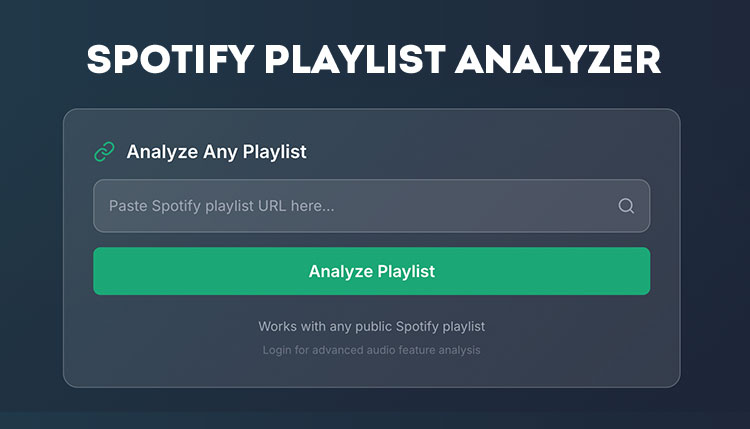
Spotify Playlist Analyzer : Get Insights Into Any Spotify Playlist
Unlock deep insights into any Spotify playlist with our advanced analytics engine. Analyze mood patterns,
Ever catch yourself staring at that blank “Create Playlist” screen for what feels like forever, brain completely fried trying to come up with something that doesn’t sound totally lame?
You’re definitely not alone in this struggle – research shows that 73% of music lovers spend way too much time stuck on playlist naming, often just giving up and going with something boring like “My Mix” or “Untitled Playlist #12.”
But here’s the thing that gets me fired up about this whole playlist naming situation.
Your carefully curated collection of songs deserves way better than some throwaway title that tells people absolutely nothing about the musical journey you’ve put together!
Whether someone’s building the ultimate pre-game pump-up mix, crafting a late-night study session soundtrack, or putting together that perfect road trip companion, the playlist name is literally the first impression before anyone even hits play.
That’s exactly why smart music lovers are turning to AI-powered playlist name generators – tools that can spark creativity and help give those musical collections the memorable, engaging names they actually deserve.
The best playlist name generator tools understand this frustration and provide instant solutions for anyone stuck in the naming struggle.
Think about it this way: when you scroll through hundreds of playlists on Spotify or Apple Music, which ones actually catch your eye and make you want to click?
Spoiler alert – it’s never the ones called “Good Songs” or “Music I Like.”
The whole process behind AI playlist naming is actually pretty fascinating when you break it down.
Most people think these playlist generator tools just randomly throw words together, but that’s totally missing the mark.
Advanced AI systems analyze multiple data points including your selected mood, chosen genre, stated purpose, and even naming style preferences to create suggestions that actually make sense for your specific musical vibe.
Here’s what happens behind the scenes when someone uses a quality playlist name generator:
The smart customization options really make the difference between generic suggestions and names that feel personally crafted.
When users can choose from 12 different moods, 16 genres, and 5 distinct naming styles, they’re basically giving the AI a detailed blueprint of exactly what kind of creative direction they want.
And honestly, that “Surprise Me” feature is where things get really interesting.
Sometimes the best playlist names come from unexpected combinations that people never would have thought to try on their own.
The instant generation aspect is huge too – nobody wants to spend their music discovery time wrestling with naming decisions.
One-click copying means users can grab a name they love and immediately paste it into Spotify, Apple Music, or whatever platform they’re using without any extra steps or hassle.
That local favorites system is pretty clutch for people who like to save multiple options and come back to them later.
The fact that quality playlist generators don’t require signup or account creation removes all the friction that might prevent someone from actually using the tool when inspiration strikes.
Modern playlist name generator apps have really solved the biggest pain points that used to make playlist naming such a time-consuming hassle.
Mood selection is honestly where most people get tripped up when they’re trying to name their playlists manually.
They know what feeling they want the music to create, but translating that emotional vibe into actual words that sound cool and appealing – that’s where things get complicated.
Energetic moods cover way more ground than just “workout music,” though that’s definitely a huge category.
Think about those pre-game pump-up sessions, morning motivation rituals, cleaning the house sessions, or even just those random dance parties in your bedroom when your favorite song comes on.
Each of these scenarios calls for high-energy playlist names, but they need different approaches:
On the flip side, relaxing atmospheres require a completely different naming strategy.
Study playlists need names that suggest focus and mental clarity without being boring or clinical.
Sleep and meditation collections work best with titles that evoke peace, comfort, and tranquility.
Background music for reading or working should have names that suggest gentle accompaniment rather than demanding attention.
Romantic settings open up this whole world of playlist naming possibilities that can range from sweet and tender to passionate and intense.
Date night playlists might lean toward sophisticated elegance, while anniversary collections could emphasize shared memories and emotional connection.
Nostalgic feelings are tricky because they’re so personal – what triggers nostalgia for one person might mean absolutely nothing to someone else.
But there are common themes that tend to resonate: throwback decades, childhood memories, seasonal associations, and life milestone moments.
Seasonal moods give playlist creators built-in themes to work with.
Summer playlists can embrace carefree, adventurous, and outdoor-focused naming, while winter collections might emphasize cozy, reflective, or holiday-themed titles.
The key is matching the playlist name to the specific emotional journey you want listeners to experience when they see that title and decide whether to press play.
Genre selection plays a way bigger role in playlist naming than most people realize.
Each musical style comes with its own cultural associations, typical listener expectations, and naming conventions that have evolved over decades.
Hip-hop playlist names often lean into confidence, street credibility, and bold statements.
They might reference current slang, urban culture, or the hustle mentality that’s central to the genre’s identity.
Rock and metal collections typically embrace powerful, rebellious, or intense naming approaches that match the energy and attitude of the music itself.
Pop playlist names can be more playful and accessible since the genre is designed to appeal to broad audiences:
Electronic and EDM genres offer unique naming opportunities because they’re often associated with specific scenes, festival culture, and technical terminology that insiders immediately recognize.
A smart playlist name generator will factor in these genre-specific cultural elements when suggesting titles for electronic music collections.
Jazz and blues collections can embrace sophisticated, artistic naming that reflects the genres’ rich cultural history and musical complexity.
Think about the top country songs, you can create music playlists with names that feel authentic to rural, small-town, or working-class experiences.
Folk and indie genres give creators permission to be more creative and literary with their naming choices since these audiences often appreciate artistic expression and unconventional approaches.
Global music and world music categories open up possibilities for incorporating different languages, cultural references, and international perspectives that can make playlist names feel more unique and worldly.
The interesting thing about modern music is how much genre-blending happens in individual playlists.
When someone’s collection spans multiple genres, the playlist name needs to capture that diversity without being so vague that it becomes meaningless.
Cross-genre fusion naming might emphasize the emotional thread that connects different musical styles, or it could highlight the specific occasion or activity that brings various genres together in one playlist.
Personal naming style is honestly where playlist creators can really let their individual personality shine through.
Some people naturally gravitate toward short, punchy titles that get straight to the point and look clean on mobile screens.
Others prefer longer, more descriptive names that paint a complete picture of what listeners can expect from the musical experience.
The mixed approach gives creators the flexibility to adapt their naming style to whatever feels right for each specific playlist.
A good playlist name generator offers multiple style options because different collections call for different approaches.
Sometimes a collection calls for something brief and memorable, while other times a more detailed title helps distinguish it from similar playlists in someone’s library.
Short and sweet options work incredibly well for people who maintain large playlist collections:
Descriptive naming serves people who want their playlist titles to function almost like mini-reviews or summaries.
These names clearly communicate the intended mood, appropriate occasions, or musical characteristics so potential listeners know exactly what they’re getting into.
Poetic expressions appeal to creators who view their playlists as artistic statements rather than just functional music collections.
These titles might incorporate metaphors, literary references, or creative wordplay that adds an extra layer of meaning for people who appreciate that kind of artistic touch.
Funny and quirky naming styles work great for people who want their music library to reflect their sense of humor and personality.
These playlist names often become conversation starters and help create memorable experiences for friends who discover them.
The emoji integration question is actually more strategic than it might seem at first glance.
Visual elements can make playlist names more engaging and help them stand out in crowded lists, but they also need to work across different platforms and devices.
Some streaming services handle emojis better than others, and what looks great on one platform might display poorly or not at all on another.
Platform compatibility becomes crucial for people who use multiple music services or share playlists across different social media platforms.
Purpose-driven playlist naming is where creators can really get specific and helpful for their intended audience.
Workout playlist names need to immediately communicate energy, motivation, and the kind of physical activity they’re designed to support.
Someone looking for gym music has different needs than someone planning a morning jog or a yoga session.
The naming should reflect those specific use cases so people can quickly identify which playlist matches their current fitness goals.
High-intensity training playlists work best with names that emphasize power, aggression, and pushing through physical barriers.
That’s where a specialized playlist name generator really shines – it can suggest workout-specific titles that immediately communicate energy and motivation.
Cardio collections need titles that suggest sustained energy and rhythmic momentum that keeps people moving for extended periods:
Study session playlists require a completely different naming approach since they need to enhance focus without being distracting.
The best study music names suggest mental clarity, concentration, and productive work environments.
They might reference specific academic subjects, types of studying, or the intended length of study sessions.
Background music for reading needs names that emphasize gentle, unobtrusive support rather than demanding active attention.
Party playlist titles should immediately communicate fun, celebration, and the kind of social atmosphere they’re designed to create.
House party collections have different naming needs than formal event playlists or intimate gathering soundtracks.
The names should give potential listeners a clear sense of the expected vibe and help hosts choose appropriate music for their specific social situations.
Road trip playlist naming opens up possibilities for adventure themes, geographic references, and the freedom associated with travel.
These collections might emphasize journey themes, destination references, or the collaborative nature of shared travel experiences.
Relaxation and sleep playlists need names that immediately communicate peace, comfort, and tranquility.
The naming should avoid any words or phrases that might create mental stimulation or anxiety, instead focusing on gentle, soothing associations.
Seasonal celebration playlists can embrace specific holidays, weather patterns, or cultural events that give them natural naming themes and help organize music libraries around calendar-based occasions.
The audience consideration is honestly the most overlooked aspect of playlist naming that separates amateur collections from professionally curated ones.
Even a simple playlist name generator can help creators think beyond their own preferences and consider how titles will appear to potential listeners.
Most people create playlists thinking only about their own musical taste and preferences, but the best playlist names consider who else might discover and appreciate the collection.
Personal playlists obviously don’t need to appeal to everyone, but even private collections benefit from names that make sense when someone else stumbles across them.
Shared playlists require much more strategic naming since they represent the creator’s taste and judgment to a broader audience.
The energy reflection principle means that playlist names should give potential listeners an accurate preview of what they’ll experience:
Specific imagery works way better than generic descriptions because it creates mental pictures that stick in people’s memory.
Instead of calling something “Good Music for Driving,” a name like “Highway Sunset Sessions” immediately conjures up a specific scene and emotional association.
Visual references, sensory details, and concrete situations make playlist names more memorable and appealing than abstract concepts.
Wordplay incorporation can really elevate playlist names from functional to genuinely clever, but it needs to be done thoughtfully.
Puns work great when they’re not forced or overly complicated – the best ones feel natural and add humor without being distracting.
Alliteration creates a pleasing sound pattern that makes names easier to remember and more satisfying to say out loud.
Cultural references can work brilliantly when they connect to shared experiences or knowledge that the intended audience will immediately recognize and appreciate.
Length considerations vary depending on the platforms where playlists will be displayed and shared.
Mobile apps have limited screen space, so extremely long names get truncated and lose their impact.
Social media sharing works best with names that display fully in posts and comments without requiring clicking or expanding to see the complete title.
Readability testing across different devices ensures that playlist names work equally well on phones, tablets, desktop computers, and smart speakers.
Generic phrase avoidance requires actively checking that proposed playlist names don’t blend into the sea of similar titles that already exist on major streaming platforms.
Generic default names are honestly the biggest missed opportunity in playlist creation because they waste the chance to make a strong first impression.
This is exactly the problem that any decent playlist name generator is designed to solve – giving people instant access to creative alternatives.
When someone scrolls through dozens or hundreds of playlists, titles like “My Playlist” or “New Playlist” immediately signal that the creator didn’t put much thought or effort into the collection.
Even worse, numbered generic names like “Untitled Playlist #7” suggest that the person has multiple similarly unmemorable collections cluttering up their music library.
The problem with these lazy naming choices is that they make it harder for even the playlist creator to remember what’s in each collection.
Overly complex titles create the opposite problem by trying to cram too much information into a single name that becomes unwieldy and difficult to process:
Inside jokes represent another common naming mistake because they create barriers between the playlist creator and potential listeners.
While personal references might seem clever to the person who created them, they often leave other people feeling excluded or confused about what the playlist actually contains.
The best playlist names strike a balance between personal meaning and universal accessibility.
Outdated references pose long-term problems because they can make playlists feel dated or irrelevant as cultural trends shift over time.
What seems current and clever today might look embarrassing or confusing in a few years when the reference is no longer part of active cultural conversation.
Timeless naming approaches tend to age better than titles that rely heavily on specific memes, slang, or pop culture moments.
Platform-specific formatting issues arise when people create playlist names that work perfectly on one streaming service but display poorly or lose meaning when shared across different apps.
Special characters, unusual punctuation, or platform-specific features might not translate properly between Spotify, Apple Music, YouTube Music, and other services.
Offensive or inappropriate language limits playlist sharing opportunities and can reflect poorly on the creator’s judgment and taste.
Even if explicit content doesn’t bother the playlist creator personally, titles with problematic language can prevent sharing in professional settings, family gatherings, or social media posts.
Copyright concerns become relevant when playlist names directly copy song titles, album names, or artist brands in ways that might create confusion or legal issues.
While inspiration from existing music is natural and acceptable, exact copying can lead to problems and doesn’t help distinguish the playlist from countless others using the same references.
Themed collections represent the foundation of any serious music organization strategy because they create logical groupings that make sense over time.
Instead of having random assortments of songs thrown together, themed playlists give every musical choice a clear purpose and context.
The themes can be based on mood, activity, genre, time period, or any other organizational principle that helps the creator maintain consistency and makes the collection useful for specific situations.
Seasonal themes work particularly well because they align with natural life rhythms and give people a reason to rediscover playlists at appropriate times throughout the year.
Activity-based theming serves people who use music to enhance specific experiences like working out, studying, socializing, or relaxing.
Naming conventions development takes themed organization to the next level by creating recognizable patterns that make playlist management much more efficient:
Descriptive tags function almost like a filing system that helps playlist creators quickly locate specific collections when they’re looking for particular types of music.
These tags might include information about energy level, appropriate social settings, seasonal relevance, or any other characteristics that influence when and how the playlist might be used.
The tagging system works best when it’s consistent across all playlists and includes enough detail to be genuinely helpful without becoming overwhelming or complicated.
Regular playlist maintenance ensures that collections remain relevant and accurately represent the creator’s current musical preferences and life circumstances.
Music taste naturally evolves over time, and playlist names should be updated to reflect these changes rather than preserving outdated collections that no longer serve any purpose.
Maintenance might involve removing songs that no longer fit, adding new discoveries that enhance the theme, or completely reimagining the playlist’s purpose and identity.
Share-friendly titles become crucial for people who want their musical discoveries to influence and inspire others in their social circle.
The best shareable playlist names create curiosity and interest while clearly communicating what kind of experience listeners can expect.
Cross-platform consistency helps maintain a coherent musical identity across different streaming services and social media platforms.
When someone uses multiple music apps or shares playlists across different platforms, consistent naming helps build recognition and makes it easier for friends and followers to find and enjoy the collections.
Backup strategies protect carefully curated playlists from being lost due to technical issues, account problems, or platform changes that might affect music availability.
The most organized music lovers maintain consistent naming and organization across multiple platforms so they can easily recreate their collections if necessary.
Your playlists really are way more than just random collections of songs that happen to live in the same digital folder.
They’re personal soundtracks that capture specific moments, emotions, and experiences in ways that individual songs simply can’t accomplish on their own.
When someone puts together the perfect workout mix or crafts that ideal late-night study session companion, they’re creating something that has genuine value and meaning beyond just the sum of its musical parts.
The naming process shouldn’t be an afterthought that gets rushed or treated as unimportant – it’s actually the crucial first impression that determines whether other people will discover and appreciate all the thoughtful curation work that went into building the collection.
AI-powered playlist name generators have honestly revolutionized this whole process by taking the guesswork and creative pressure off people who know exactly what kind of musical experience they want to create but struggle to find the right words to capture that vision.
Whether someone needs something energetic for their morning run, sophisticated for a dinner party, or focused for deep work sessions, the perfect name really is just one click away when they have access to smart tools that understand the relationship between mood, genre, purpose, and effective naming strategies.
Using a reliable playlist name generator eliminates the frustration and time-wasting that used to make playlist creation feel like a chore instead of a creative outlet.
The key is not settling for those generic, forgettable titles that do absolutely nothing to communicate the care and attention that went into selecting each song.
Every playlist deserves a name that reflects its unique personality and helps potential listeners understand exactly what kind of journey they’re about to embark on when they hit that play button.
Take some time to experiment with different naming approaches, try out various mood and genre combinations, and don’t be afraid to get creative with the style options that feel most authentic to your personal taste and the specific audience you’re trying to reach.
Your future self will definitely thank you every single time you scroll through a beautifully organized music library filled with memorable, meaningful playlist names that actually make sense and help you quickly find exactly what you’re looking for in any given moment.
The investment in thoughtful playlist naming pays dividends in enhanced music discovery, better organization, and more satisfying listening experiences that truly match your intended mood and purpose.
Playlist names should typically be 2-6 words or 15-50 characters for optimal display across mobile devices and streaming platforms. Shorter names are easier to remember and share, while longer names can be more descriptive but risk getting cut off on smaller screens.

Unlock deep insights into any Spotify playlist with our advanced analytics engine. Analyze mood patterns,
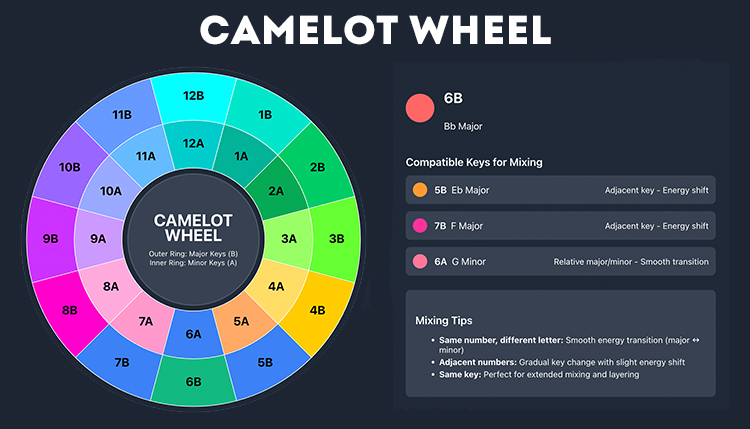
Discover the ultimate Camelot Wheel for DJs and producers. Use our interactive tool to find
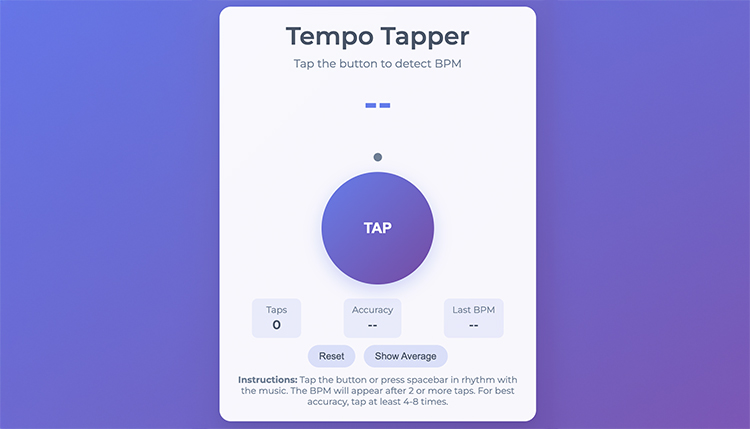
Table of Contents Free Online Tempo Tapper – Instantly Measure BPM with Precision Accuracy Here’s
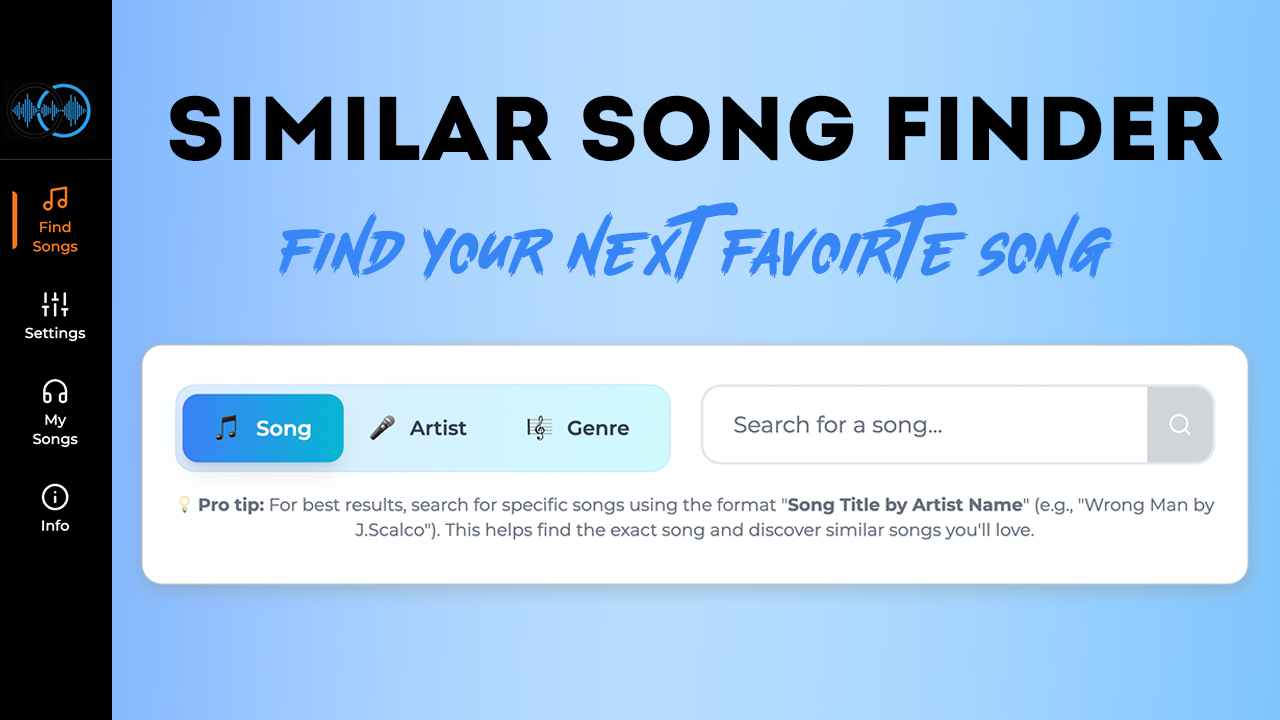
Find songs similar to your favorites with our Similar Song Finder tool. Music discovery, personalized
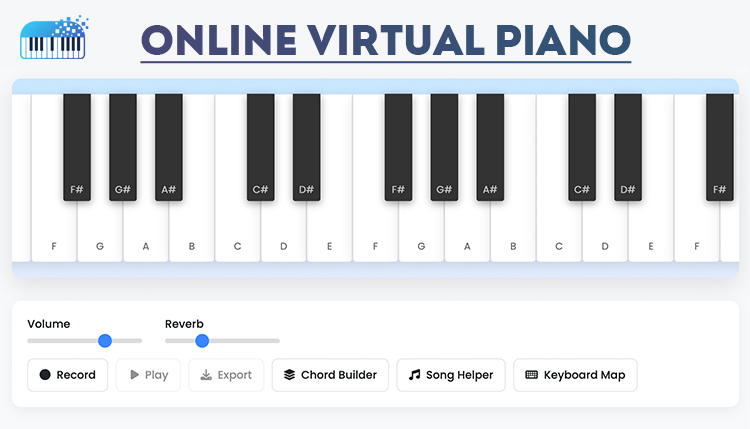
Play and learn piano with our free online virtual piano. Master your first song in
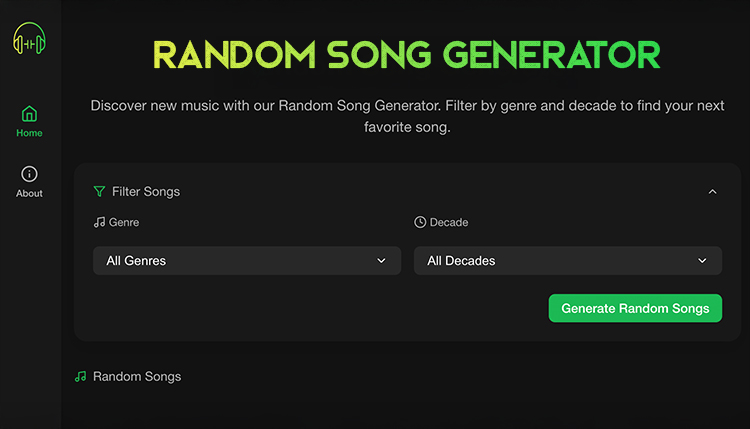
Discover new music instantly with our Random Song Generator! Filter by genre and decade to
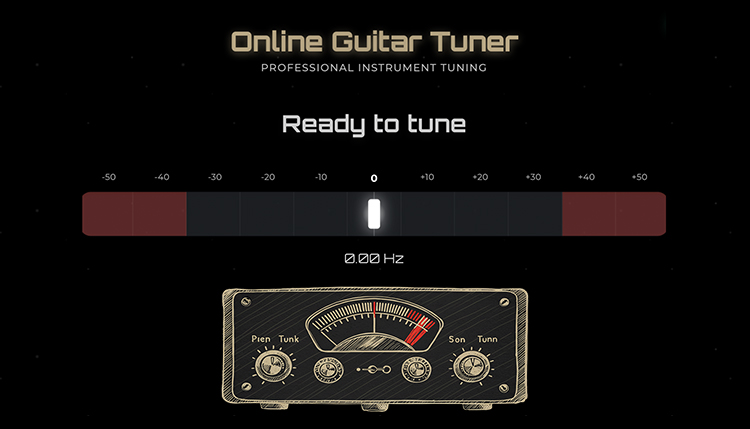
Table of Contents Did you know that even professional guitarists check their tuning multiple times
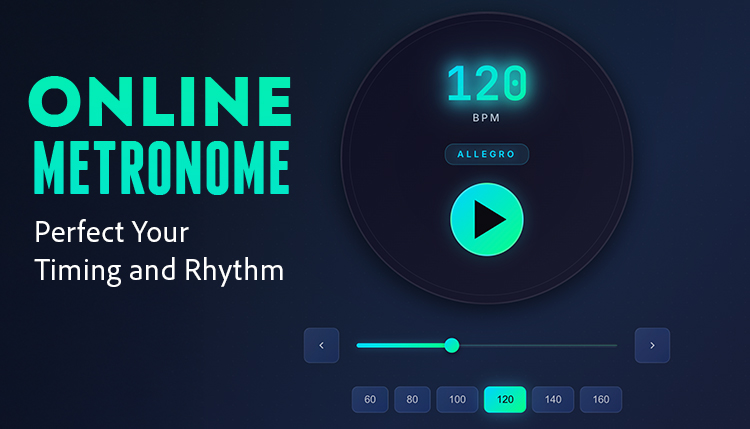
The best free online metronome to improve your musical timing and rhythm. Practice with customizable
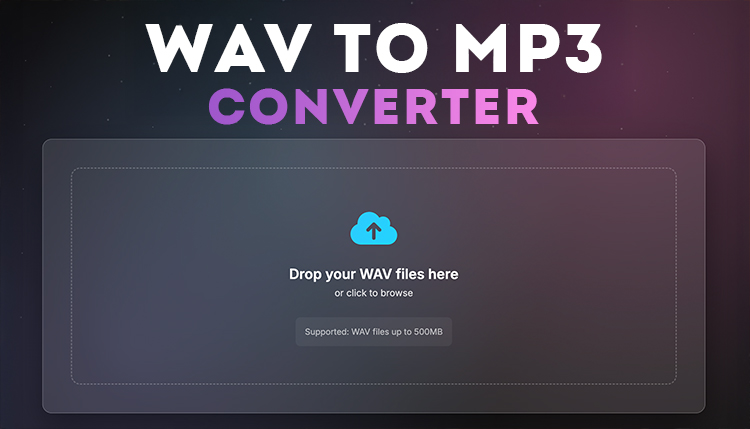
Convert your WAV files to MP3 online instantly and free. Fast, secure, and easy-to-use WAV
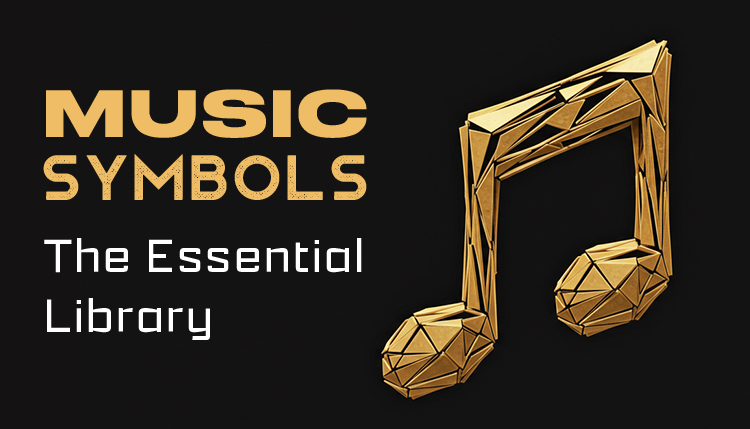
Discover our comprehensive collection of 200+ music symbols with clear explanations for beginners and professionals
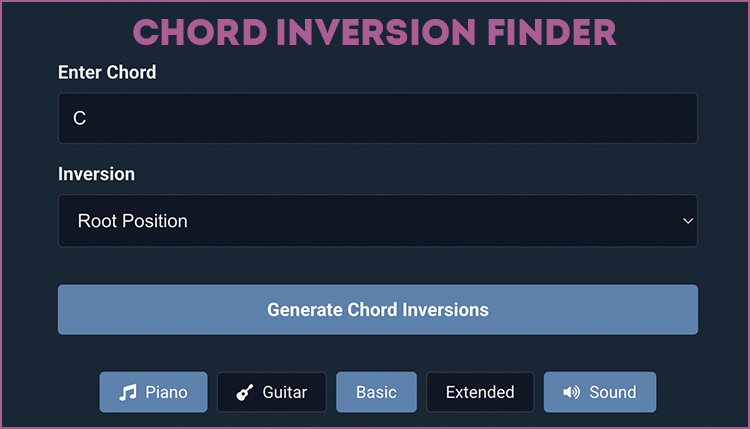
Find chord inversions with our free Chord Inversion Finder tool. Learn how to create rich
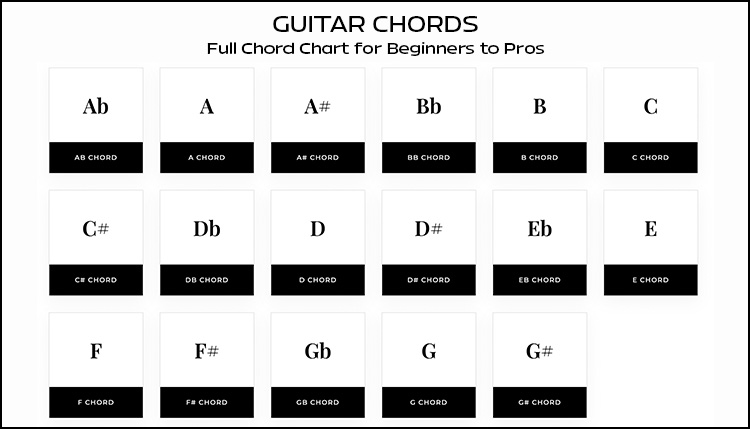
Learn essential guitar chords with clear diagrams, charts, tips for beginners and pros, plus popular
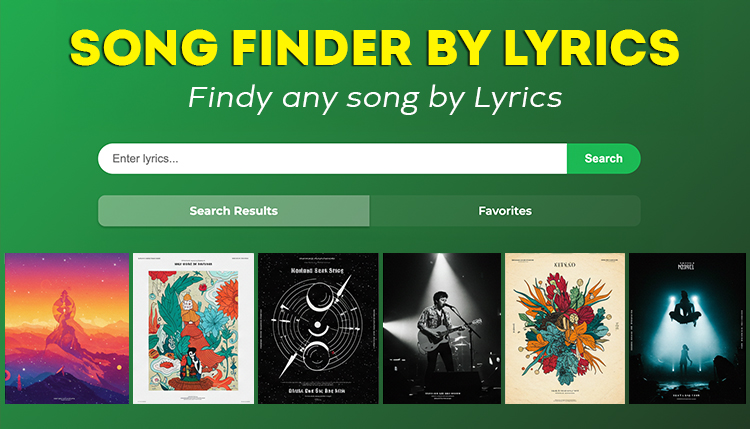
Discover how to find any song by lyrics with our in-depth guide to lyrics search
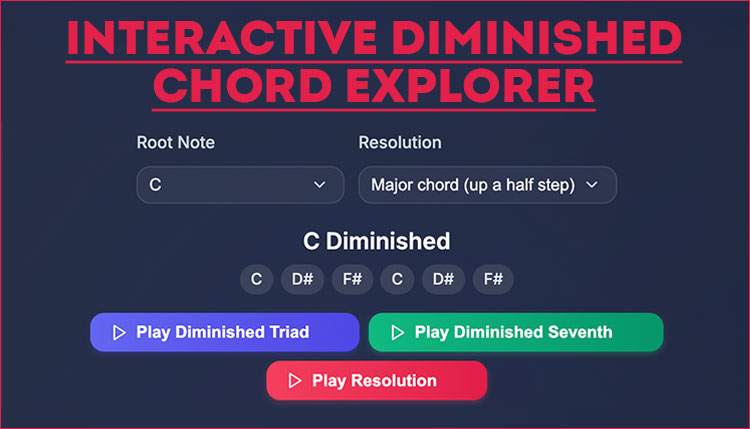
Learn what a diminished chord is, how it sounds, and how to use it in
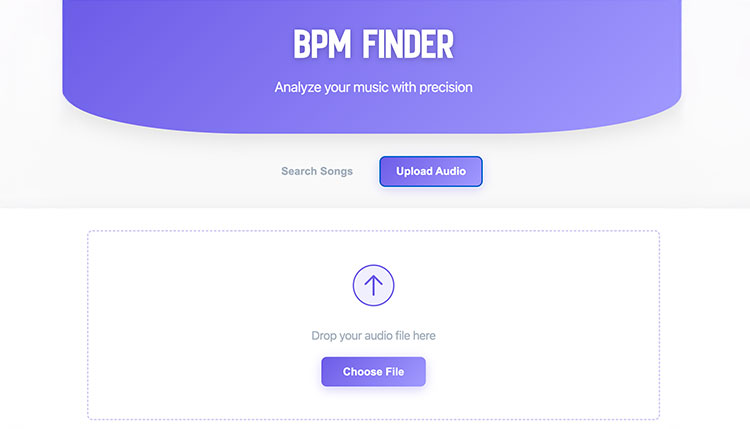
Use our BPM finder to accurately determine song tempos, improve your DJ mixing, produce better
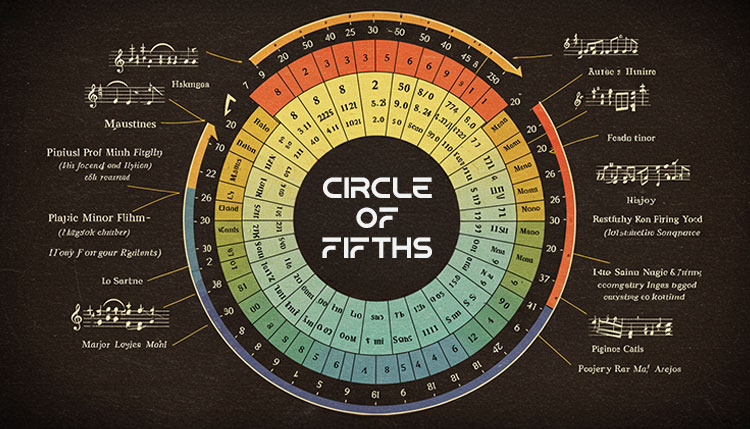
Master the Circle of Fifths with our interactive tool. Learn key signatures, chord progressions, and
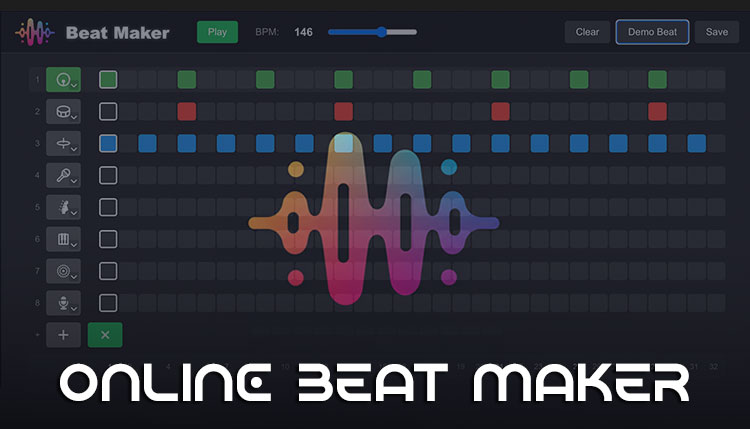
Create professional music with our free online Beat Maker. No download required – start producing

Discover everything about virtual drums in 2025! Learn how to play drums online, compare the
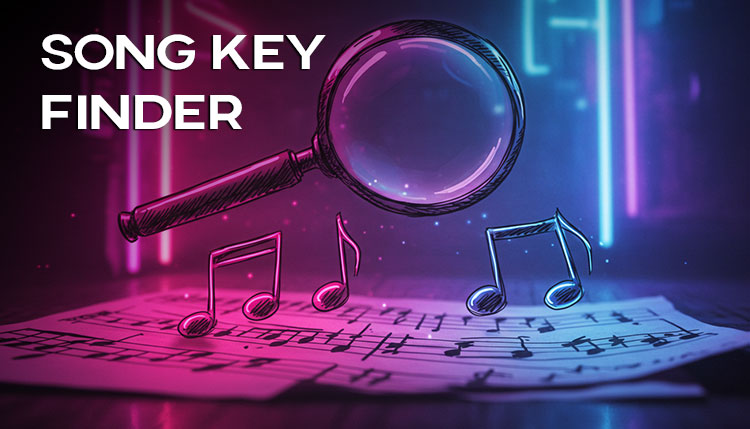
Discover the best song key finder in 2025! Learn how to identify musical keys instantly,
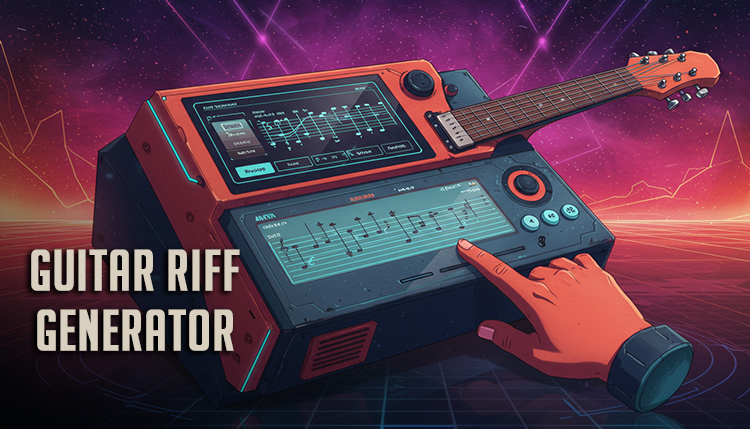
Discover how to use a guitar riff generator to create unique, professional-sounding guitar riffs in
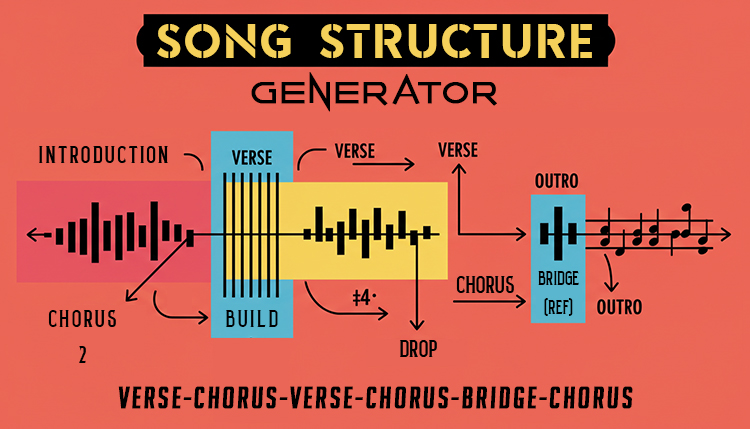
Use our song structure generator to create professional tracks. Learn proven formulas, AI tools, and

Ever wondered if you’re a soaring soprano or a deep bass? Taking a vocal range

Imagine this: you’ve got a melody in your head, but you can’t quite play it
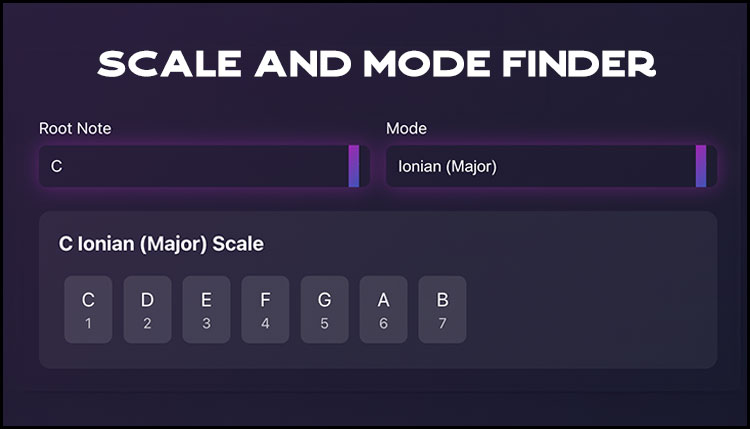
Discover how a Scale Finder helps musicians instantly find scales and modes in any key.
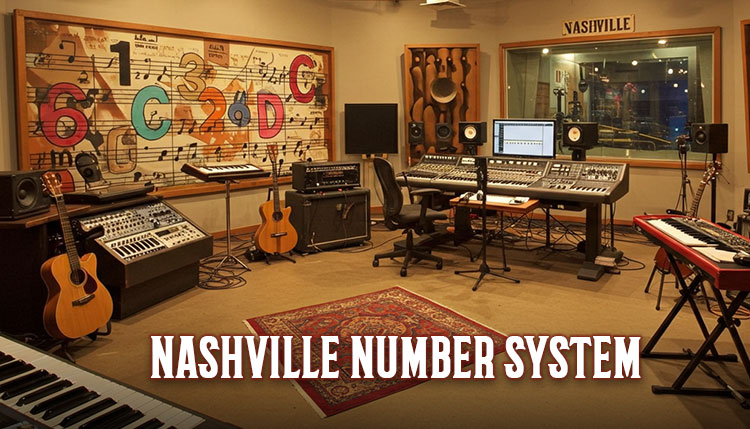
Master the Nashville Number System. Learn how professional musicians use this powerful method for chord
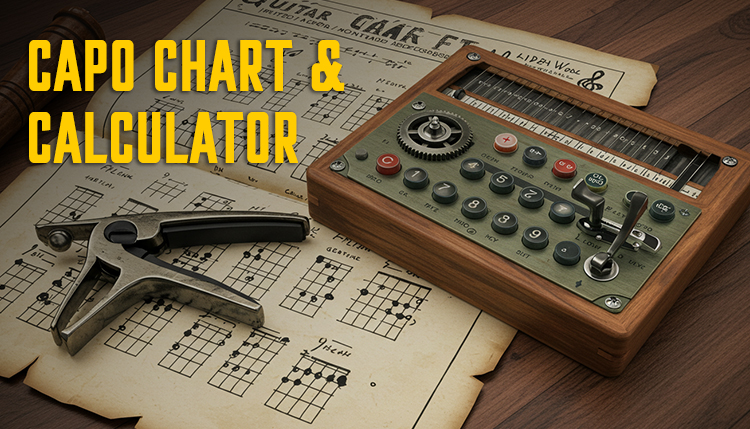
Use our guitar capo chart and placement calculator to transpose guitar chords. Perfect for players
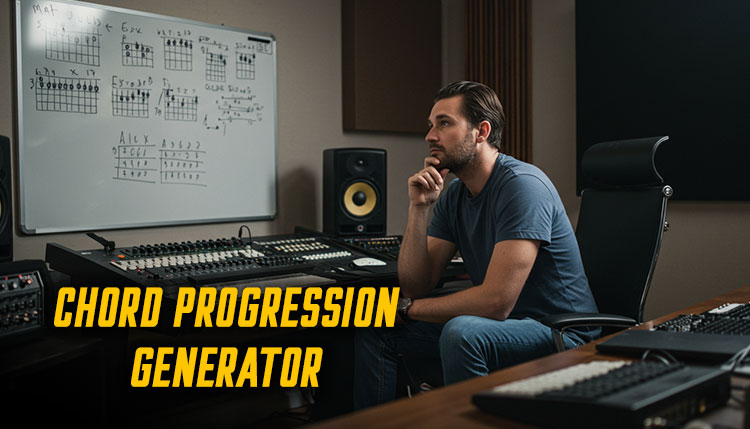
Use our Chord Progression Generator to speed up your songwriting process. This calculator is a

Did you know that 78% of musicians earn over half their income from live performances?

Music is a dance between precision and feel, mathematics and emotion. Whether you’re a jazz
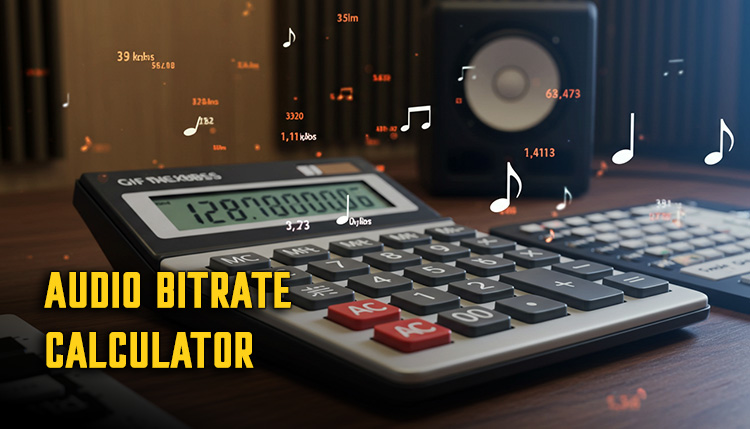
Calculate audio bitrates, file sizes, and streaming quality with our easy-to-use audio bitrate calculator. Learn
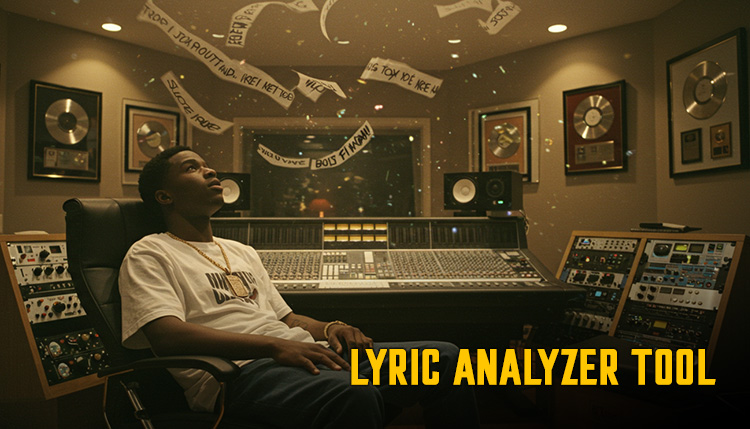
Use our free online Lyric Word Count Calculator 2024 to analyze your song lyrics! Get
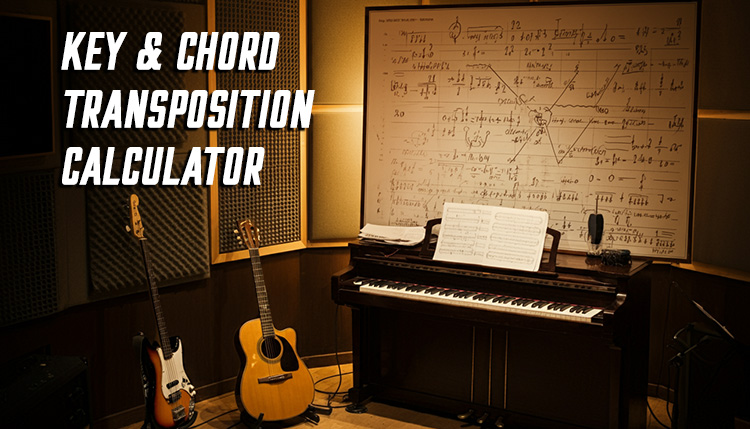
Need to transpose a song to a different key? Our free key and chord transposition

Quickly convert BPM to milliseconds with our easy-to-use calculator! Perfect for musicians, producers, and audio

Calculate musical intervals between notes or find notes from intervals. A free online tool for